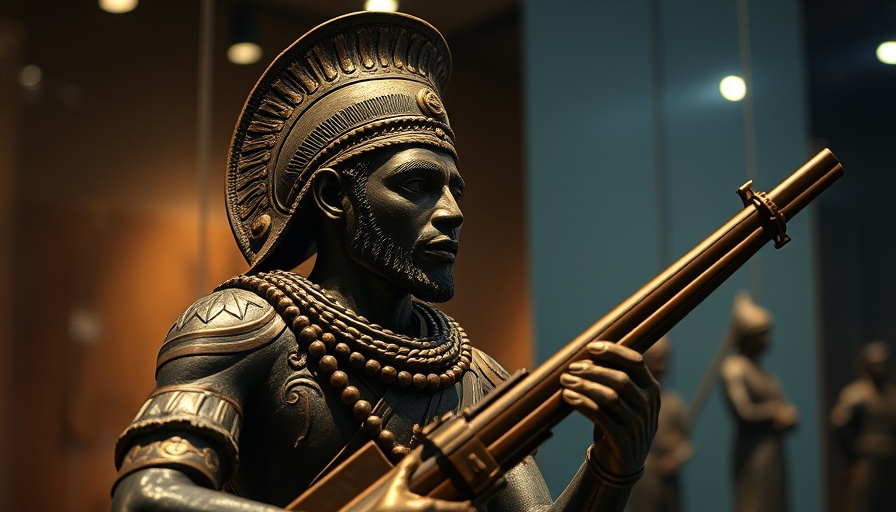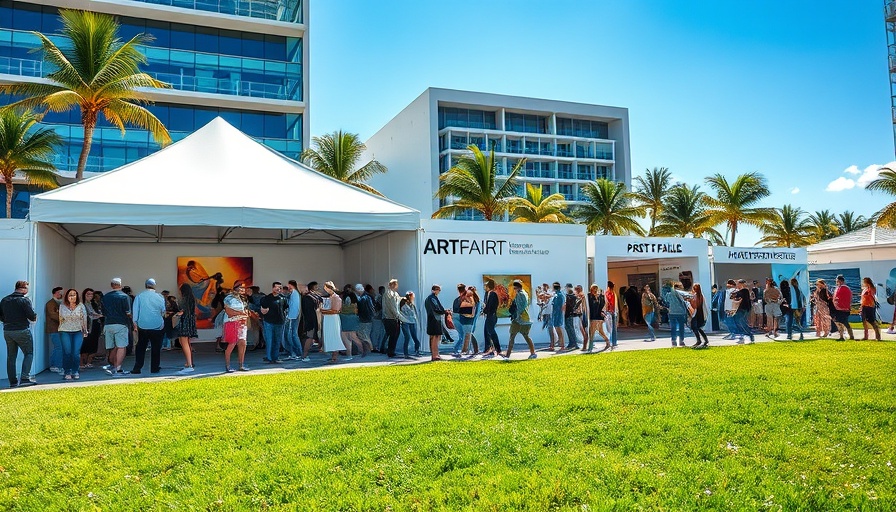
The Future of Cultural Artifacts: A Shift in Perspective
The Museum of Fine Arts (MFA) Boston recently announced its decision to rescind a significant promised gift consisting of Benin Bronzes and close the dedicated gallery space meant to display them. This decision stems from ongoing discussions surrounding the legality and ethics of colonial-era acquisitions. As museums globally reevaluate their collections, this move reflects a broader recognition of the importance of cultural repatriation and the need to respect the origins of these artifacts.
Shining a Light on Historical Context
The Benin Bronzes hold a profound historical significance, created between the 13th and 19th centuries, originally crafted by the Edo people of Nigeria. These artifacts were looted during the British punitive expedition of 1897, a dark chapter in colonial history that many institutions have come to acknowledge as a grievous injustice. The MFA’s recent decision not only closes a gallery but also opens the door to critical conversations about ethics in art curation, fueling calls for the repatriation of such treasures to their rightful home.
Understanding the Cultural Implications
For top wage earners in Philadelphia and beyond, art is often considered a gateway to cultural understanding and appreciation. Yet, the story behind the pieces is equally important. The decision to withdraw the Bronzes can serve as a catalyst for discussions about cultural identity and the responsibilities that come with exhibiting artifacts acquired during colonial times. It places emphasis on why such initiatives are essential for healing and reconciliation both within the museum community and society at large.
Counterarguments and Diverse Perspectives
While many support the MFA's decision, others argue that closing galleries limits public access to significant cultural artifacts. They contend that museums have a role in education, and these pieces can inspire dialogue about history and culture. Balancing accessibility with ethical responsibilities poses an intricate challenge for museums navigating their past and future responsibilities toward artifact ownership.
Local Engagement with Global Issues
Philadelphia, known for its rich historical tapestry, could take cues from the MFA's decision. Local museums might engage with the community to discuss the cultural significance of artifacts housed within their own walls. Initiatives could include educational programs that inform visitors about the backstories of various exhibits, fostering a deeper understanding of the collectives involved in their creation.
Making Personal Connections
As community members, discussions about the Benin Bronzes can spark genuine interest and debates on local heritage and identity. It's an opportunity to reflect on how the past informs our understanding of cultural narratives today. For income earners in the city, supporting local initiatives that celebrate diverse cultures can create lasting impacts, not just for cities but globally.
By acknowledging the complexities within the realm of art and cultural artifacts, we can engage in a broader dialogue about justice, respect, and the importance of representation in museums. Embracing these conversations fosters an inclusive community that strives for understanding and healing.
As this discussion continues, consider pathways for advocacy and support for local initiatives that seek to empower marginalized voices in arts and culture. Participate in community dialogues, support cultural heritage projects, or even contribute to organizations that push for ethical practices in museums. Together, we can advocate for responsible stewardship of cultural treasures while enriching our understanding of shared human history.
 Add Row
Add Row  Add
Add 




Write A Comment